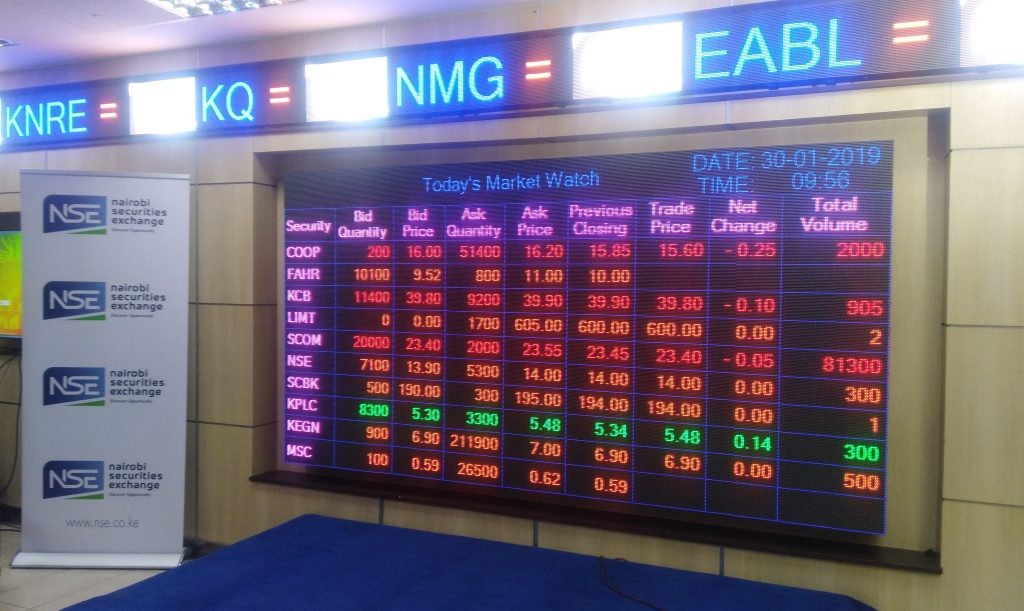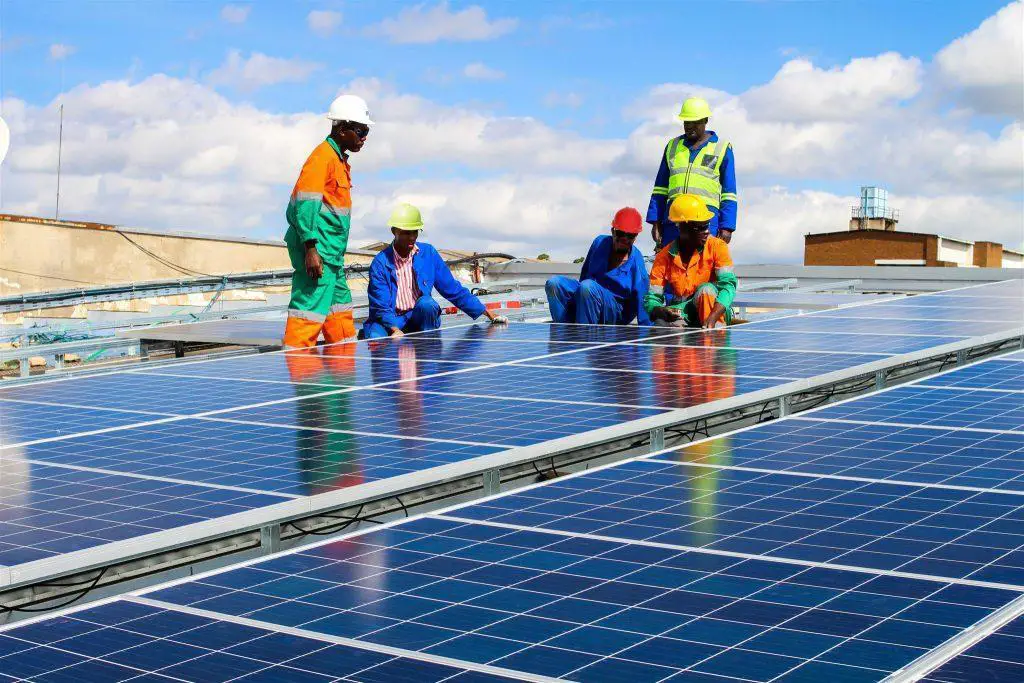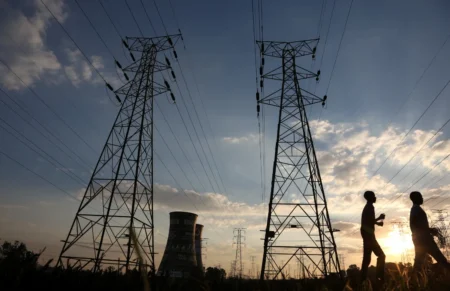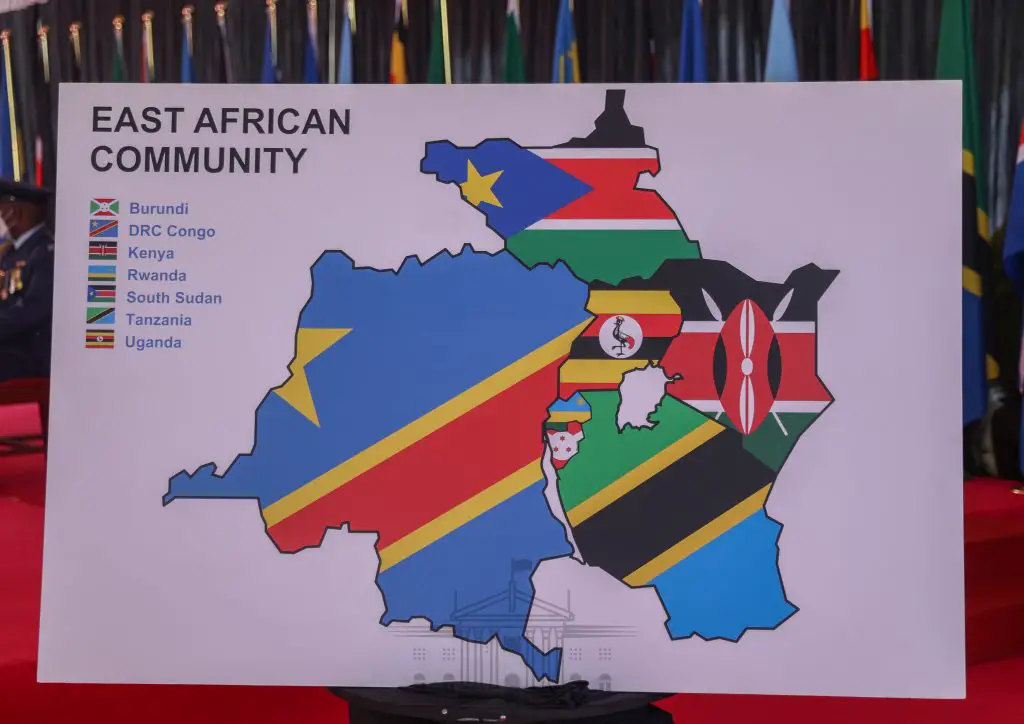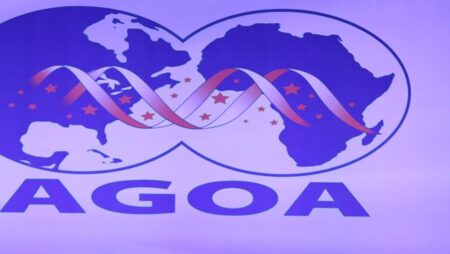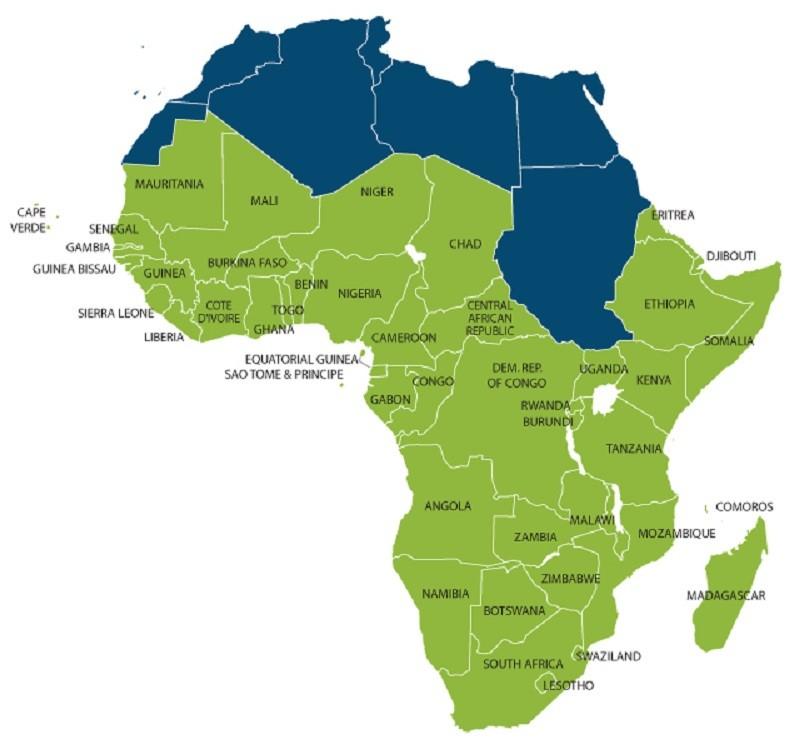- Africa’s new dawn: the rising role of digital and AI in agriculture
- Can Dangote Refinery Transform Africa Energy Ambition
- Gallup Survey: 80 per cent of Kenyan Workers Are Disengaged and Seek New Opportunities
- Madagascar Man Freed from 5KG Tumor After 15-Year Struggle
- How women in Africa are perceived and treated
- Sugar consumption in Kenya to Increase to 1.23 Million Tonnes
- Can Somalia and Turkey Oil deal Bring Change in Somaliland
- Remittances to Kenya dropped to $371.6 million in June, marking a six month low
Browsing: Sub-Saharan Africa
- From January to March, investor confidence improved notably due to the stabilisation of the domestic currency (Kenyan Shilling), according to the Capital Markets Authority (CMA).
- The Capital Markets Soundness Report indicates a more stable shilling, which consequently positively influenced the equity markets, which improved compared to the quarter ending December 2023.
- The four market indices, NSE20, NSE25, NASI, and NSE10, closed at 1752.43, 2975.42, 113.09, and 1155.41 points respectively, an increase from 1,501.16, 2,380.23, 92.11, and 907.51 points.
Kenyan shilling on the rise
Nairobi Securities Exchange (NSE) was among the top African performers in the first quarter of 2024, buoyed by improved investor confidence that reduced outflows.
From January to March, investor confidence improved notably due to the stabilisation of the domestic currency (Kenyan Shilling), according to the Capital Markets Authority (CMA).
The Capital Markets Soundness Report for the period under review indicates a more stable shilling, which consequently positively …
- East Africa’s economic growth is projected to grow at 5.3 and 5.8 per cent in 2024 and 2025-26, respectively.
- The World Bank projects African economies to grow by 3.4 per cent in 2024.
- However, faster and more equitable growth is needed to reduce poverty.
East Africa’s economic growth to lead the continent
Economies in East Africa are expected to spearhead growth in Sub-Saharan Africa this year amid increased private consumption and declining inflation, which are supporting an economic rebound in the region.
The World Bank’s latest Africa’s Pulse report indicates the East African Community is projected to grow at the fastest pace at 5.3 and 5.8 per cent in 2024 and 2025–2026, respectively, thanks to robust growth in the Democratic Republic of Congo, Kenya, Rwanda, and Uganda.
This is higher than the compounded growth for Sub-Sahara Africa, which, albeit rebounding from a low of 2.6 per cent in 2023, is …
- Remittance inflows amounted to $385.9 million in February, compared to $309.2 million in February 2023, an increase of 24.8 per cent.
- The cumulative inflows for the 12 months to February 2024 totaled $4.33 billion compared to $4.03 billion in a similar period in 2023, an increase of 7.5 per cent.
- The US remained the largest source of remittances to Kenya, accounting for 54 per cent in February 2024.
Remittances to Kenya continued on a growth trajectory in February, latest Central Bank of Kenya (CBK) data shows, as easing inflation in the United States saw the country maintain its position as the leading source of inflows.
This comes amid a positive projection for the year where World Bank has forecast a 2.5 per cent increase on inflows to Sub-Saharan Africa, with Nigeria, Ghana and Kenya as leading recipients in the continent.
Remittance inflows in Kenya amounted to $385.9 million in February, …
- Official data shows that diaspora remittances to Kenya increased to $412.4 million in January 2024, compared to $372.6 million in December 2023.
- This represents an 18% jump compared to similar month in 2022 as well as 10.7% month-on-month increase in inflows.
- The cumulative inflows for the 12 months to January 2024 totalled $4.3 billion compared to $4 billion in the same period in 2023, an increase of 5.3 per cent.
Kenyans in the diaspora sent home more money in January compared to December, as the strong start of the year signals easing inflationary pressures, mainly in key sourcejock strap brock bowers jersey jordan max aura 4 nike air jordan 1 elevate low oregon football jerseys black friday wig sale best human hair wigs for black females latex hood custom stitched nfl jersey sit top kayak nike air max 90 futura jock strap jock strap air max 270 women alpinestars …
- Solar energy, alongside wind power, has become the cheapest way to meet the growing demand for electricity, according to the World Bank.
- World Bank’s Demetrios Papathanasiou says many developing countries have some of the world’s best solar and wind resources.
- He expresses his optimism about the ability of global countries to tap into advances in solar energy and make dramatic gains.
Solar energy is expected to surpass coal as the world’s most available energy source by 2027. The African countries with the most immense global potential are critical drivers of this projection.
The World Bank, in its latest energy report update, says that of the nearly 675 million people who still live without electricity worldwide, more than 80 per cent, or 567 million people, live in sub-Saharan Africa.
It says that 2030 solar mini-grids could bring high-quality, uninterrupted power to 380 million people.
“This is if governments and …
- Africa’s low electricity access stresses the need to double more than the efforts to meet SGD 7.1 by 2030.
- In Kenya, data by the lender shows 71 per cent of the population had access to electricity in 2021, compared to about 14 per cent in 2000.
- World Bank further identifies a stark divide in global access to electricity between urban and rural areas.
Sub-Saharan African states have made tremendous progress in electricity access in the past two decades, with the access rate rising from 25 per cent in 2000 to 48 per cent in 2020.
However, according to the World Bank, countries must double their electrification efforts to bring electricity to all by 2030, meeting Sustainable Development Goal Seven.
“Global access to electricity is increasing at a slow pace, with the progress towards achieving universal access to electricity being slow over the last 20 years,” …
- Burundi is the other country projected to record one of the fastest growing economies in 2024, according to the IMF.
- The Fastest Growing Economies in 2024 (real GPD growth) projections index places Rwanda ahead of her regional peers with a projected growth of 7.0% next year.
- Tanzania comes in closely with a projected growth of 6.1% while that of Burundi is forecast to grow at 6%.
Rwanda, Tanzania and Burundi will be the fastest growing economies in East Africa in 2024, the latest projection by the International Monetary Fund (IMF) indicates, with all countries posting economic growth above the world’s average.
The Fastest Growing Economies in 2024 (real GPD growth) projections index places Rwanda ahead of her East African Community (EAC) peers with a projected growth of seven per cent this year.
Tanzania comes in closely with a projected growth of 6.1 per cent while that of Burundi is projected …
United States officials and politicians have shown much interest and support for renewing the African Growth and Opportunity Act (AGOA) as its expiration date approaches in September 2025. The fate of this landmark legislation, which provides duty-free access to the US markets for some African countries, remains uncertain for the next 22 months but has significant implications for trade between the United States and Africa.…
The latest Africa’s Pulse report by the World Bank presents a somber economic outlook for Sub-Saharan Africa. Escalating instability, lackluster growth within the region’s major economies, and persistent global economic uncertainties collectively overshadow the region’s economic resurgence prospects.
In its comprehensive analysis, the World Bank anticipates a slowdown in economic growth across Sub-Saharan Africa, with a projected rate of 2.5 per cent for 2023, compared to the 3.6 per cent recorded in 2022. This assessment underscores the multifaceted challenges currently facing the region’s economic landscape.…
According to Investopedia, a gig economy is a labour market mainly reliant on temporary and part-time work filled by independent contractors and freelancers rather than full-time permanent employees. A gig economy produces cheaper, more efficient services for those willing to use them.
A gig is a broad category that includes a wide range of positions. Work can range from cab driving or restaurant delivery to writing code or freelance essays. Instead of tenure-track or tenured professors, adjunct and part-time professors are contracted employees. By recruiting more adjunct and part-time teachers, colleges and universities can save costs while also better-matching instructors to academic needs.…





